Culture & Media
99 Percent Only: The Mirage of Wealth

We are the 99 percent. Well, yes we are, but not everyone among us thinks so. Lots of people think they are part of the 1 percent when they aren’t even close. According to Harper’s Index 13 percent of Americans think they are part of the1 percent, and 28 percent of “Hispanic Americans” think they are part of the 1 percent. Since these are statistical impossibilities, it makes me wonder why people don’t identify with who they are instead of who they are not.
Some people identify with the rich because they expect to be rich some day. That is why so many low-income people play the lottery. One day their ship will come in. On the other hand, many people think that if they work hard, climb the ladder and make a few clever deals, they too will be rich. Some 43 percent of Americans actually think that. Another 46 percent think that the rich are born into it or got very lucky. Americans are about evenly divided on that issue.
Then, too, some people think they are already rich. I used to know some guys who grew up in East L.A., attended Catholic high school together and then went to college and later into business, bought expensive cars, married beautiful women — and moved to places like Whittier to raise their families. I can imagine that someone who grew up poor and made it to a single family ranch house in a leafy suburb might actually think they were part of the 1 percent – even though, as the Wall Street Journal reported, just 400 Americans have as much wealth as half of all Americans. We think we’ve made it to the top, so we have – in our minds.
Many Westsiders I know have no illusions about being rich, but they think they were in a previous lifetime. Scanning the pages of the New Age monthlies reveals a number of relatively expensive workshops to help a person discover their former lives. In my experience, no one in those workshops discovers themselves to have been migrants or peasants or slaves. On the contrary, we are, apparently, all descended from former lives as queens and goddesses, or monarchs or Knights of the Round Table.
Another segment of American society identifies with the 1 percent because they work for the latter. They are the people who manage the money and run the corporations of the rich. They are tax accountants and lawyers and top management level employees who make lots of money protecting the wealth of the 1 percent. Some of them are lobbyists who make sure loopholes remain in the tax codes. Some of them are columnists and bloggers who write editorials and do guest shots on the networks defending the wealthy and spouting rationales for why such people should pay lower tax rates than their secretaries.
These paid promoters of the rich keep the rest of us scrambling to make ends meet so that we don’t have time to object to the outrageous wealth of the few. As wages fall and the gap between the rich, even the upper middle class, and the rest of us widens, those of us living pay check to pay check have less time to be engaged in the work of redressing these differences. So we let the 1 percent get away with it.
In another era of extreme wealth and extreme poverty, one corporate magnate bragged that he could “hire one half the working class to kill the other half.” In this era of growing extremes, the rich don’t need to do that. Too many of us have already bought the lottery ticket.

-
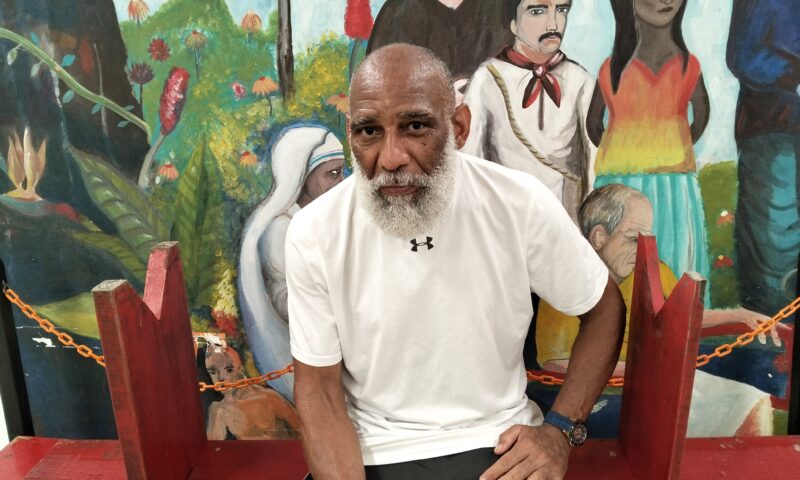
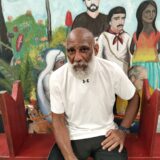 StrandedNovember 25, 2025
StrandedNovember 25, 2025‘I’m Lost in This Country’: Non-Mexicans Living Undocumented After Deportation to Mexico
-

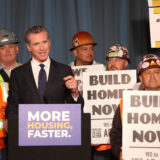 Column - State of InequalityNovember 21, 2025
Column - State of InequalityNovember 21, 2025Seven Years Into Gov. Newsom’s Tenure, California’s Housing Crisis Remains Unsolved
-
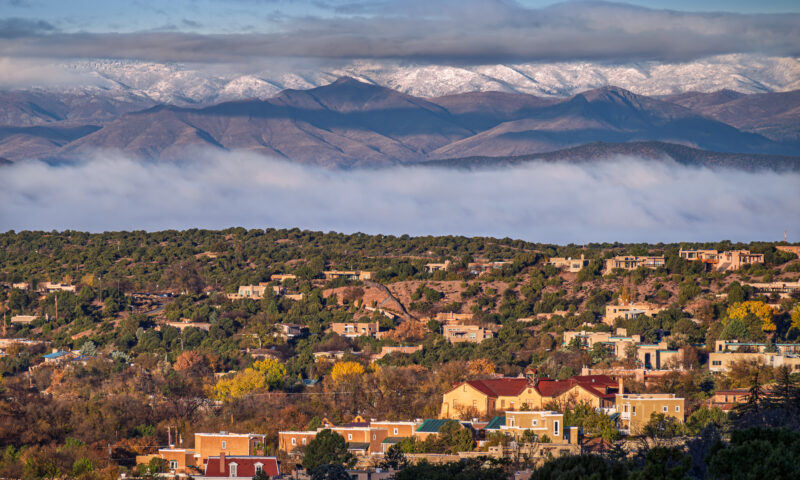
 Column - State of InequalityNovember 28, 2025
Column - State of InequalityNovember 28, 2025Santa Fe’s Plan for a Real Minimum Wage Offers Lessons for Costly California
-

 The SlickNovember 24, 2025
The SlickNovember 24, 2025California Endures Whipsaw Climate Extremes as Federal Support Withers
-

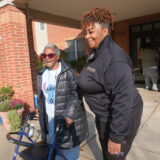 Striking BackDecember 4, 2025
Striking BackDecember 4, 2025Home Care Workers Are Losing Minimum Wage Protections — and Fighting Back
-

 Latest NewsDecember 8, 2025
Latest NewsDecember 8, 2025This L.A. Museum Is Standing Up to Trump’s Whitewashing, Vowing to ‘Scrub Nothing’
-

 Latest NewsNovember 26, 2025
Latest NewsNovember 26, 2025Is the Solution to Hunger All Around Us in Fertile California?
-

 The SlickDecember 2, 2025
The SlickDecember 2, 2025Utility Asks New Mexico for ‘Zero Emission’ Status for Gas-Fired Power Plant

